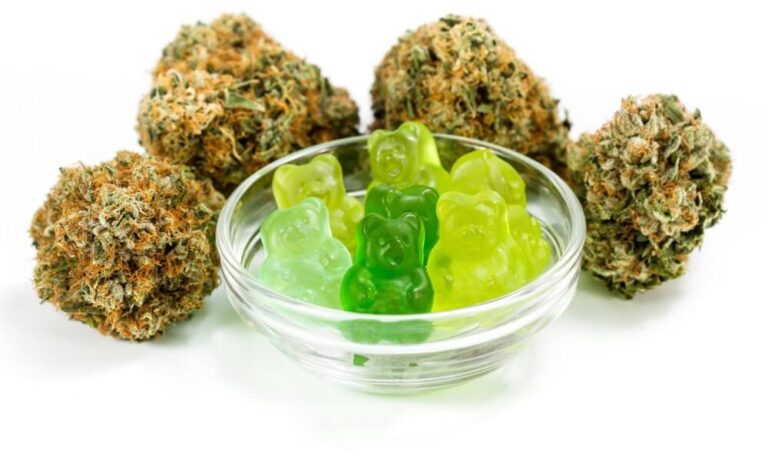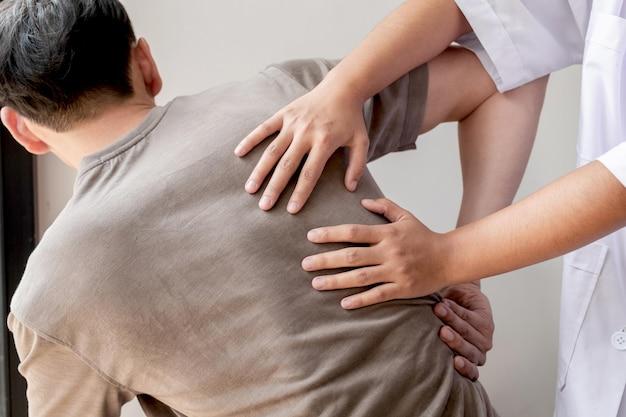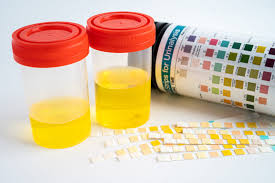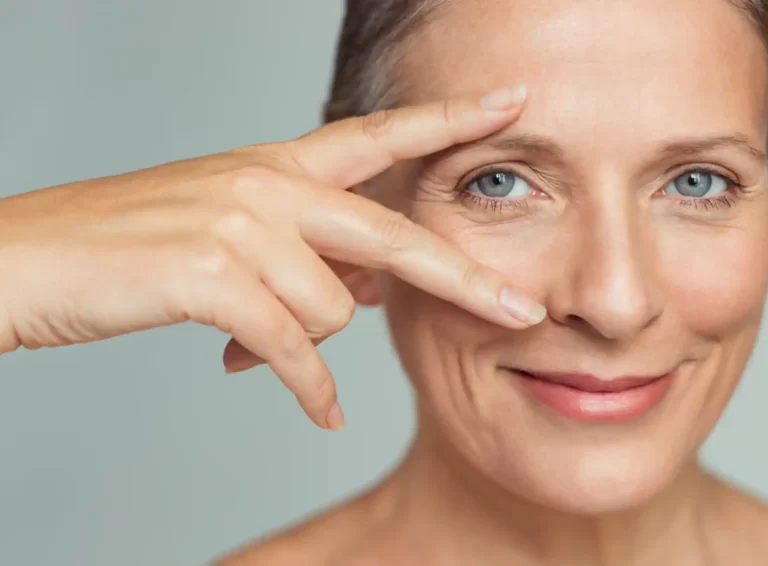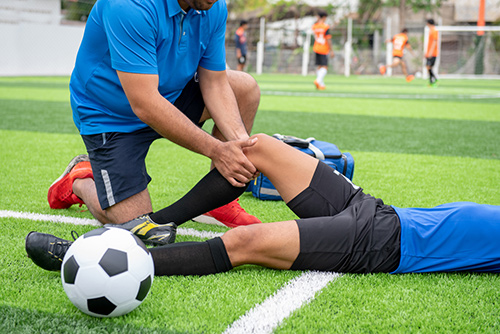
People who are determined to play sports are fully committed. They put in everything to perform to the best of their capabilities.
To perform and be the best, athletes go through vigorous training sessions. While training, they might twist their ankle or strain a muscle. This is where sports medicine comes into action.
The role of sports medicine is to make sure the athlete is healthy with a nutrition-rich diet and recovers well if injured. The medical professionals help athletes prevent injuries, treat their injuries effectively, and ensure they are at the top of their game.
Dr. Ronald Hess in West Chester helps athletes recover from injuries and prevent any complications due to severe injuries. If an injury like ankle dislocation is treated right in time it leads to no complications, and the athlete can be back for training in a few days of rest.
How Does Sports Medicine Help?
To be at the top, you need to be physically and mentally prepared. This is precisely where sports medicine helps.
Doctors at sports medicine prepare the athlete so that his physical fitness is remarkable and ready for any injury. Moreover, they are given knowledge about preventing injuries and how to deal with them if they have an injury.
Doctors also support the athlete mentally, and they help the athlete to have a mindset of a champion. They make the athlete feel that he is the best and is capable of achieving all the titles dreamt.
What Does Sports Medicine Treat?
They are specialized in treating acute injuries and injuries due to overuse. These injuries can damage the ligament, cartilage, or soft tissue.
The most commonly treated conditions include:
- Joint problems, such as knee or shoulder joints.
- A concussion is where a blow on the head can cause temporary unconsciousness.
- Fractures.
- A torn meniscus is a shock absorber between the femur (thigh bone) and tibia (shin bone). Tears usually happen when the knee is twisted while carrying some weight.
- An ACL injury or tear is a tear of the anterior cruciate ligament.
- Shoulder dislocation.
- Rotator cuff tear is a group of muscles and tendons holding the head of the humerus (arm bone) into the glenoid cavity.
- Frozen shoulder.
If you aim to get your country gold in the Olympics or wish to take your game to the next level, consider sports medicine with unique training to prevent injuries, physical therapy, quick recovery from injuries, and athletic training. Your journey to be a champion can become a lot more easygoing.

